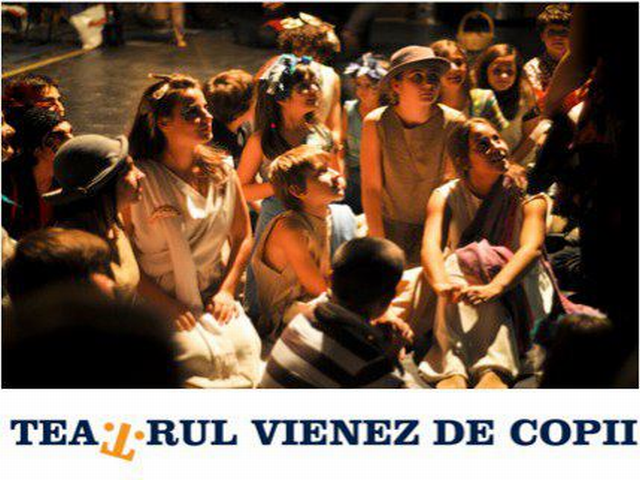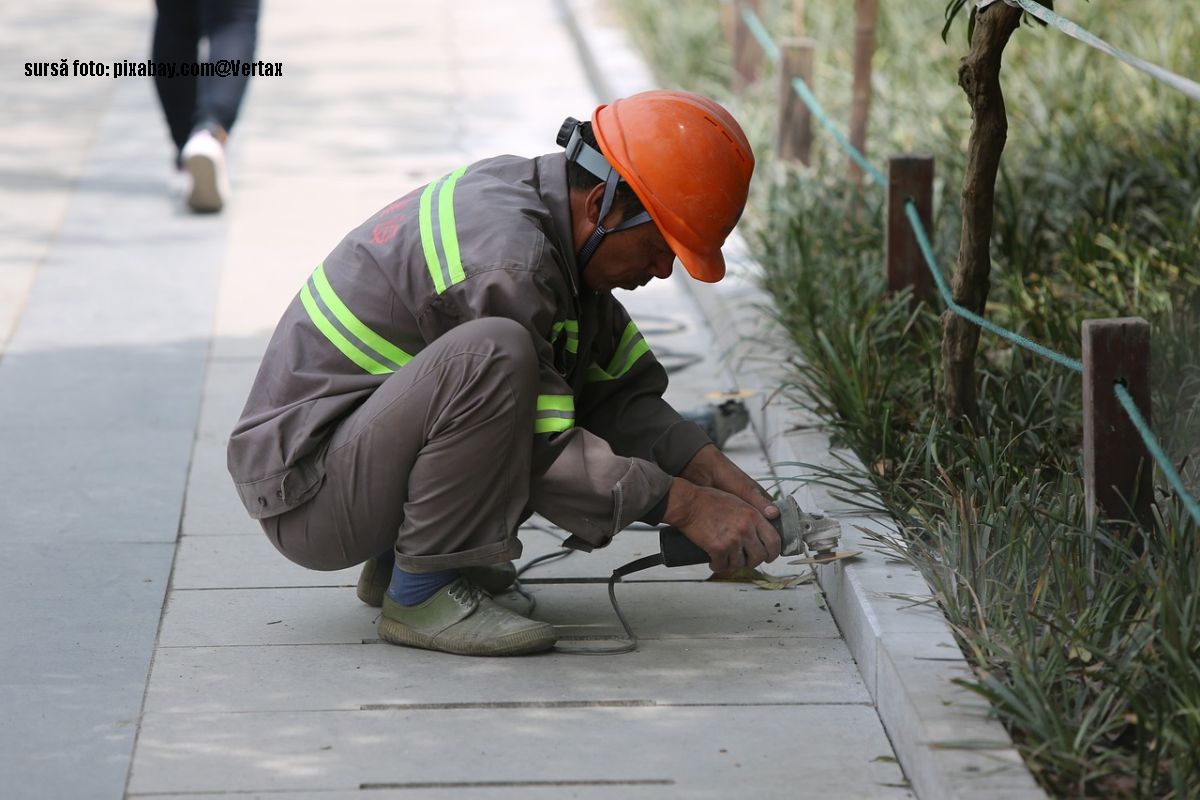Teaching theatre in Romanian schools
A recent proposal supported by the education ministry may see theatre being taught in schools as an optional subject.

România Internațional, 05.11.2014, 14:10
The Vienna Children’s Theatre Association and the National University of Theatre and Film in Bucharest have proposed the introduction of theatre as an optional course in the Romanian school curriculum. The initiators of the project say it has been proven that education through art in general, and theatre in particular, facilitates learning and motivates children. Teaching using techniques borrowed from theatre stimulate children’s creativity and improves memory. In school, theatre can build a community of children who learn how to function as a group and that only together they can bring significant change.
Liliana Preoteasa, an under-state secretary with the Ministry of Education has praised the project, which she says has enjoyed the support of the Ministry from the very beginning. She hopes theatre will be introduced into the school curriculum and be available as a school curriculum in all schools:
“I’m very glad that this project exists. The Ministry of Education has supported it from the very beginning and I hope it will turn into an optional subject to be introduced in the school curriculum. At the same time, I believe the hard work is only now beginning, because it’s not enough to have a well written curriculum, posted on the website, we also need teachers capable of carrying out this job. I believe training the teachers is a major component which we will have to address from now on, by talking with universities or with teachers’ associations, which can provide another type of training for those who are already in the system. I believe that theatre, besides providing a cultural openness, also responds to children’s need for a different teaching and learning method. I’m sure they will respond immediately to theatre and with a lot of enthusiasm, and I believe that the use of theatre performance techniques will influence their minds and souls in a major way.”
For over 20 years in Austria and over 8 years in Romania, the Vienna Children’s Theatre Association has been training experts in children’s theatre. Its founder, actress and producer Sylvia Rotter says she wanted to offer Romanian children the chance to change the world they live in. By using breathing techniques and rhythm exercises, by improvising and working in teams children will become more confident, will interact more and will develop their linguistic and physical means of expression in an environment that encourages self-discovery:
Doctor Raluca Mateescu, a neurologist with the Psychiatric Clinic for Children and Adolescents at Alexandru Obregia Hospital in Bucharest, says this kind of activity is badly needed in Romania, given that children today spend most of their time in front of TV and computer screens. This type of behaviour, experts say, creates serious health issues and damages the ability to communicate:
“The world of today’s children has changed. They no longer play in the street or spend their entire day outside. These were children who felt, smelled and touched, so all their senses were stimulated. Today’s children, on the other hand, spend their time in front of a computer. The stimuli their brains get can only be of a repetitive and stereotypical nature, unlike children who play outdoors and interact with other people and other children their age. These are two totally different situations. Every day I see in the hospital children who, judging by what their parents tell me, have spent too much time in front of the TV, some from the age of 12 months, children who have their own tablets. And we wonder what’s happening with their brains?”
About 120 teachers from 10 Romanian counties will attend courses that will enable them to teach theatre in schools. One of the universities involved in the project is Bucharest’s University of Theatre and Film, which has a section devoted to theatre pedagogy. As many as 8 students have already graduated this year. The project runs for 4 years, between 2014 and 2017. In spite of the fact that it has not been included in the school curriculum, theatre is an optional subject matter in schools and high schools.






























